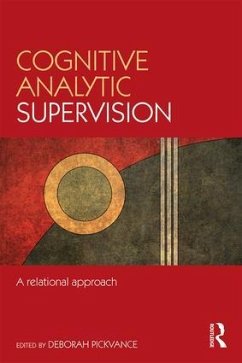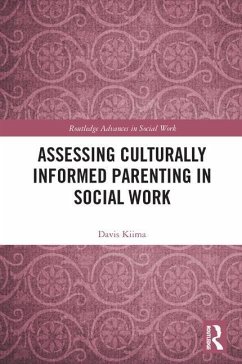
Cognitive Analytic Therapy and the Politics of Mental Health

PAYBACK Punkte
26 °P sammeln!
Cognitive Analytic Therapy and the Politics of Mental Health provides an overview of the development of CAT, and illuminates how the political context affects the way in which therapists consider their work and facilitates their practice.














